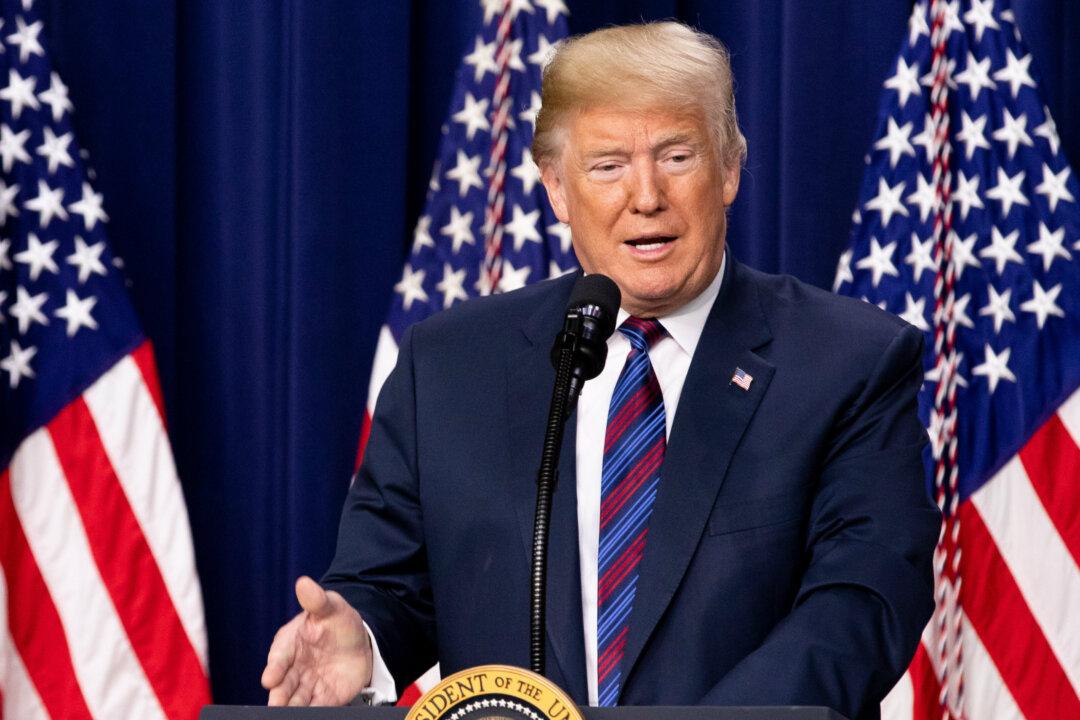President Donald Trump on June 1 questioned the FBI’s motives for carrying on a secret investigation into his campaign manager in 2016 without informing him.
“As only one of two people left who could become President, why wouldn’t the FBI or Department of ‘Justice’ have told me that they were secretly investigating Paul Manafort (on charges that were 10 years old and had been previously dropped) during my campaign? Should have told me!” Trump wrote on Twitter.





